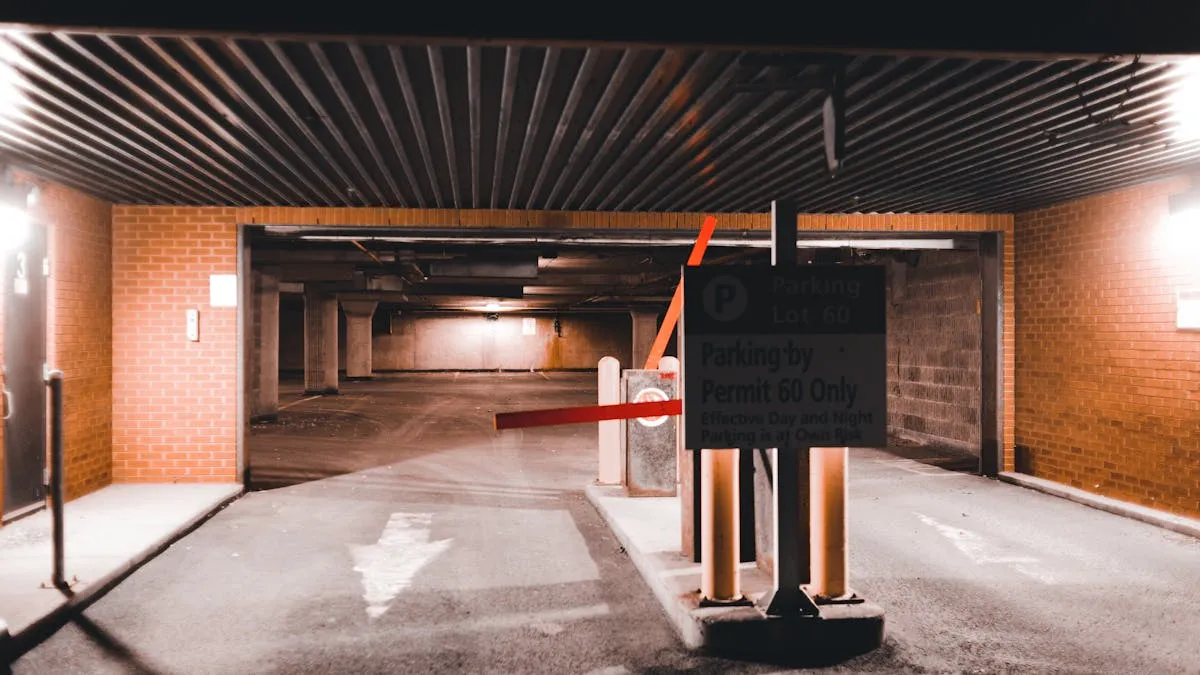Many people do not realize that depression is a medical condition and when it lasts more than two weeks, it is not just “feeling down†or having “the blues.†Depression affects our emotions, our thoughts and our behaviors. Many people who suffer from depression in silence have not been adequately diagnosed by a mental health professional. However, depression is a treatable condition and most people get better if they receive adequate treatment.
What are the symptoms of depression?
You could be depressed if you have been experiencing sadness without relief for a period of at least two weeks and also if you experience a combination of the following symptoms regularly:
- Appetite loss or gain
- Sleeping problems: insomnia (general difficulty in falling asleep or in going back to sleep after waking up in the middle of the night or early morning) or excess sleep.
- Fatigue or energy loss
- Frequent feelings of guilt or worthlessness
- Loss of interest or pleasure in most activities
- Loss of ability to concentrate or make decisions
- Recurrent thoughts of death, or thoughts and plans about how to end your life, suicide attempts
Who is affected by depression?
Depression can affect anyone of any race or age, including children and teenagers. However, the World Health Organization suggests it affects women more than men.
Latinos that live in the U.S. may be at risk of suffering from depression and encountering barriers to receiving treatment. Some of these barriers are related to lack of resources and a lack of professionals who speak their language and know their culture who can diagnose and provide adequate treatment. Also, due to the stigma associated with mental illness, many people don’t want to admit they are suffering and don’t look for help because they are afraid they will be judged by friends and family members as being weak or even “crazy.†Many people mask their depression with alcohol or drug use not realizing that these substances may act on the body as mood depressants.
Treatments
Different types of treatments can help if you suffer depression. It’s important that you share your symptoms with your primary care physician or with a mental health specialist who can address those symptoms and help you choose treatment options that suit you best. Treatments include different types of psychotherapy as well as prescription medications that can help alleviate depression’s symptoms.
Cognitive behavioral therapy is a form of psychotherapy that provides support and helps control stress or depression. It also helps identify changes in your life that can help boost your mood. This formof therapy can help you identify those thoughts that are leading you to depression (like “I will never feel better,†“I’m a failure,†“the world is against me,†“I do everything wrongâ€) as well as those behaviors (isolating yourself from loved ones or not doing things that gave you pleasure) that keep you depressed and with little capacity to change.
Expressive therapies provide a complementary approach to treat depression. They include dance therapy, music therapy, art therapy, psychodrama and creative writing. This approach uses art to help you contact your feelings and to use your creativity as a way to express yourself.
Medications
There is a range of medications used to treat depression. These should only be prescribed by a qualifi ed doctor or nurse practitioner who fi rst takes a careful history of your depression. Many antidepressant medications may take several weeks before you feel the eff ects and should only be taken with medical supervision. However, there isn’t a magic pill that cures depression. The patient must also be willing to identify which changes he/she would like to make and try to do them. In this sense, therapy can provide you with the support and motivation you need to be able to identify and make the changes in your daily life that will have a positive eff ect on your health.
Breaking the cycle
Often times, depression can make you feel caught in a cycle where you stop doing things that you liked, that connected you to life. In doing so, you can become more depressed and the depression deepens. There are ways in which you can break this cycle. For example:
Identify those things or activities you loved before and although you may not feel like it, start doing them again. This can help change your mood in a positive way and help you feel optimistic.
Engage in some physical activity. Taking care of your physical well-being will have a positive effect on your mental health. Physical activity helps our body produce endorphin, a substance that has a positive eff ect and helps stabilize our mood. If you feel “stuck†in the depression, sometimes starting a completely new activity may help you start unwinding or moving.
More than 80% of those who seek adequate professional help benefi t from it and get better. This shows we should trust there is a way out.
Expressive Therapies: a tool that helps people with depression heal
Since ancient times, arts have been used to help people express themselves. However, art therapy as such was established in the U.S. in 1969 when the American Art Therapy Association (AATA) was created. Expressive therapists are trained both in psychotherapy as well as in art therapy.
The healing properties of art
Expressive therapies include music or sound, dance or movement, psychodrama, storytelling, painting, drawing, sculpture and creative writing. They invite us to express ourselves and give us the opportunity to learn more from ourselves. When we use our creativity, we engage our body, we stimulate our senses and we use that part of our mind which expresses our emotions. In this way, these art forms help us express feelings that are difficult to express with words. They help us strengthen our sense of self. This process can, at times, be more eff ective than just thinking and talking about an issue. This form of therapy can be healing for the body, the mind and our spirit. As we make our way into our healing process, we connect more with life and with all life has to off er us. This helps us lighten our mood and alleviate stress and depression. Just as any physical activity has a positive effect on our mood, so does a creative activity. Allowing ourselves to create without judging what we do can help us break depression’s negtive cycle. It can also enable us to create a product from which we can learn.
Treatment with expressive therapies has been used effectively with individuals, couples, families and groups. It is eff ective for both children and adults. This form of treatment is available in hospitals, mental health institutions and private practices.





